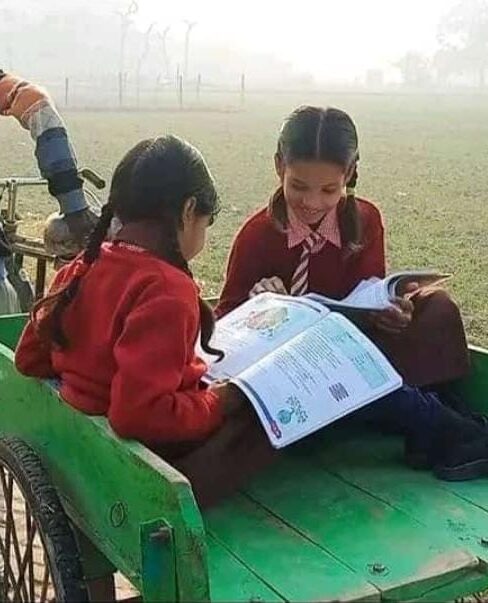
Friendship Park (San Diego–Tijuana)
It’s in a college class that I first hear about Friendship Park—
A bi-national area along the San Diego–Tijuana border
that allows residents from both countries to meet.
I’m shown a photograph of the fence jutting out into the ocean and can
never forget it.
In 2013—
Years after I first hear of the park, I drive out to see it.
At the time, I don’t know that the park has been reopened since only last
year—
That in 2009, the park was shut down
so that an outer parallel fence blocking the public could be built.
Nor do I know that until 1994—
Before the uproar in California about undocumented immigrants—
Before miles of border, that included the park, became militarized—
Only a simple barbed wire fence separated the two countries—
And anyone could meet there under the watch of the Border Patrol.
But I do know that every Sunday near noon a mass is held there.
I leave my car in the larger state park and walk toward the beach
where the fence rests.
Along the way I see two idling Border Patrol vans.
I see the ocean first and in the distance I can make out the faint silhouette of an island.
I reach the beach and feel the sand give way underneath my feet.
I turn to face south and there—the metal fence sticks up into the sky.
I walk toward it, look east, and watch how it lengthens into the land
far beyond what I can see or know.
I notice the outer fence is open but guarded—
I later learn the Border Patrol allows people into
this space between for only a few hours—
I walk past the officers and their vans, past the open gate
and behind the fence stands another fence—
Rust covered, taller, more densely braided—
stretching out into the surf separating even the
water.
All the while cameras and officers clad in green survey us.
I glimpse people on the other side moving freely—
They lay out towels on a beach, enjoy meals at restaurants,
come as close to the fence as they choose.
On this side I watch a man fight tears
while speaking through the fence to a woman and child—
Their fingertips barely touching between tight thin rails.
At the wall a priest dressed in white holds mass for both countries—
Dios, ruega por nosotros—
On the other side a person’s face I can hardly make out asks me—
Are you looking for someone?
I know I’m fortunate—
I say—No.
The priest ends his service, prays for families, for laws to change—
Vayamos en paz—
Through the fence I can see the white obelisk—
The marker that begins a line dividing the two countries.
I know our writing—Our pleading with the world
is not enough to undo a history of acts—
I look west, to the falling ocean—
It knows nothing about what we do to one another or the lines we carve into
the land.
I watch the waves—
They come to rest on the very same shore that answers to two different
names—
The waves begin in a place without nations—
They rise and reach towards me—
Then a metal line breaks them in two.
Alfredo Aguilar is the son of Mexican immigrants. He is a winner of the 92Y’s Discovery Poetry Contest and author of the chapbook What Happens On Earth (BOAAT Press 2018). He has been awarded fellowships from the MacDowell Colony, the Bread Loaf Writer’s Conference, and the Frost Place. His work has appeared in The Iowa Review, Best New Poets 2017, The Adroit Journal, and elsewhere. Originally from North County San Diego, he now resides in Texas.




